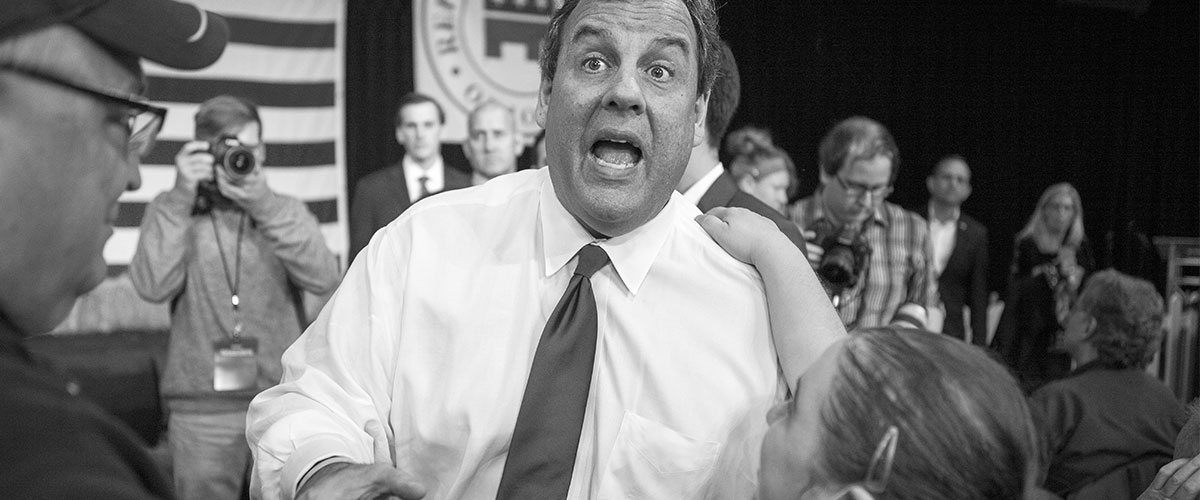[vc_row][vc_column][vc_column_text]
Chris Christie signs wildly popular bill that adds Post Traumatic Stress Disorder to New Jersey’s medical marijuana program.
Following a slow start, medical marijuana in New Jersey is growing, attracting new patients and industry entrepreneurs. At times, though, it feels like this growth is coming despite the state’s leadership in Gov. Chris Christie, who has been a vocal opponent of legal cannabis. However, to the surprise of some and the relief of many, Christie recently signed a bill into law adding PTSD to the state’s medical marijuana program.
“The mere potential of abuse by some should not deter the state from taking action that may ease the daily struggles of veterans and others who legitimately suffer from PTSD,” Christie said in a statement accompanying his signing of the law.
This is the first expansion of the state’s medical marijuana program since it began six years ago. Christie has resisted expanding the scope of New Jersey’s medical marijuana in the past, but this time, he found himself facing a mounting wall of support from voters in NJ. Regardless, Christie waited until the last moment to act in signing the bill, causing many to question whether he would.
In his statement, Christie said that up to 20 percent of veterans returning from combat in Iraq and Afghanistan have been diagnosed with PTSD: “This bill would provide struggling veterans and others with the ability to use medical marijuana to treat PTSD, but only after it has been determined by a physician or psychiatrist that conventional medical therapy is ineffective.”[/vc_column_text][/vc_column][/vc_row][vc_row][vc_column][vc_single_image image=”17365″ img_size=”1200×250″ onclick=”custom_link” link=”https://www.medicalmarijuanainc.com/education/”][/vc_column][/vc_row][vc_row][vc_column][vc_column_text]This law isn’t just about ex-military in the state, although New Jersey’s nearly 500,000 veterans are set to benefit greatly from the bill. Any patient in the state with intractable PTSD can get a recommendation from their doctor for medical marijuana, which is expected to further bolster the state’s MMJ participation.
As of Sept. 13, 9,009 medical marijuana patients had registered in New Jersey, according to the state’s health department. That’s 11% more than the roughly 8,100 patients that were anticipated by this point when the state released a report in March saying 250 new patients were being enrolled each month.
New Jersey will only allow a total of six dispensaries for the entire state. There are currently 5 open. This artificial limit on both dispensaries and qualified patients has kept the New Jersey medical marijuana market from reaching its full potential. While the addition of PTSD to the list of qualifying conditions will assist the program to grow, it still suffers from a shortage of certified doctors and dispensaries.
There were many in the state who questioned whether Christie would sign the PTSD bill, even with overwhelming support from both the state’s voters and lawmakers. Earlier this year, he blocked the state from adding debilitating menstrual cramps to the state’s list of approved conditions, decrying what he saw as a slippery slope to recreational legalization.
Learn more about New Jersey’s medical marijuana laws here, or visit our definitive guide to medical marijuana.[/vc_column_text][/vc_column][/vc_row]






